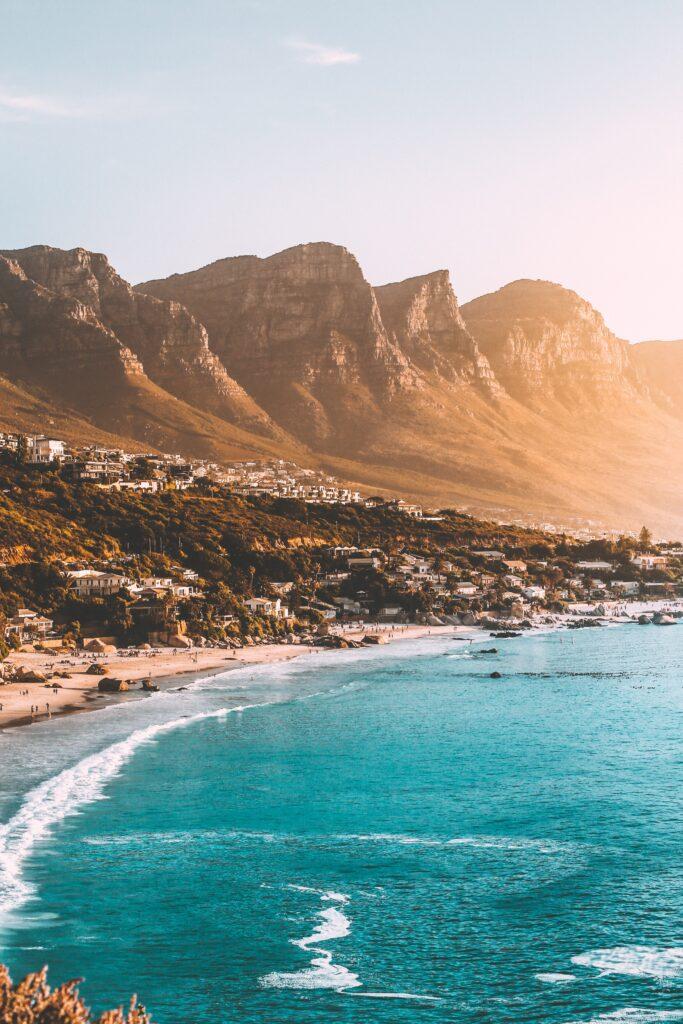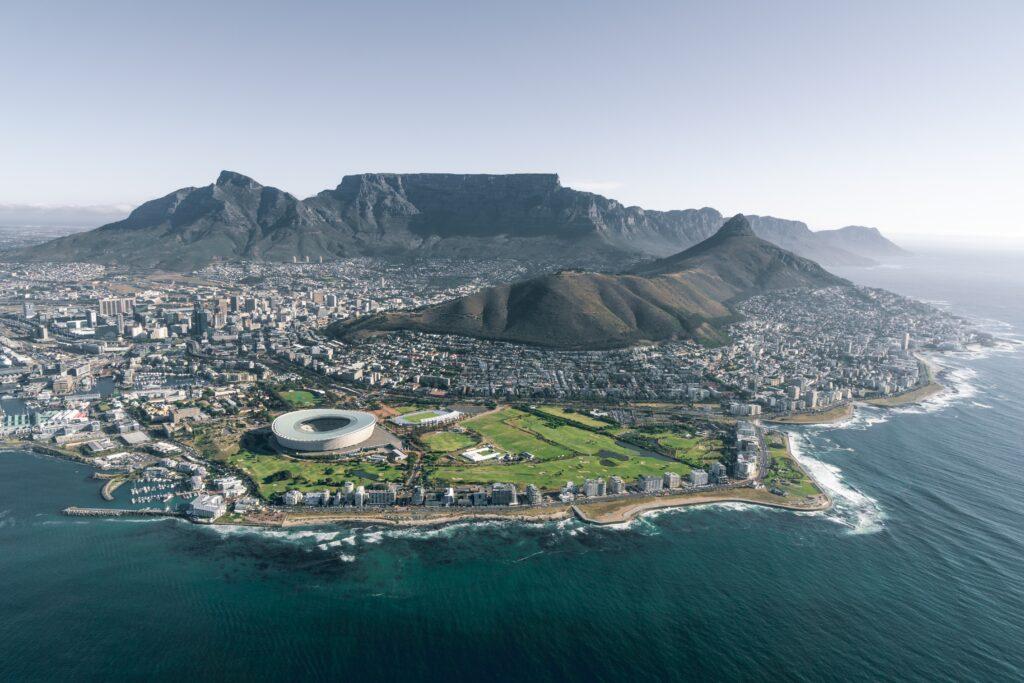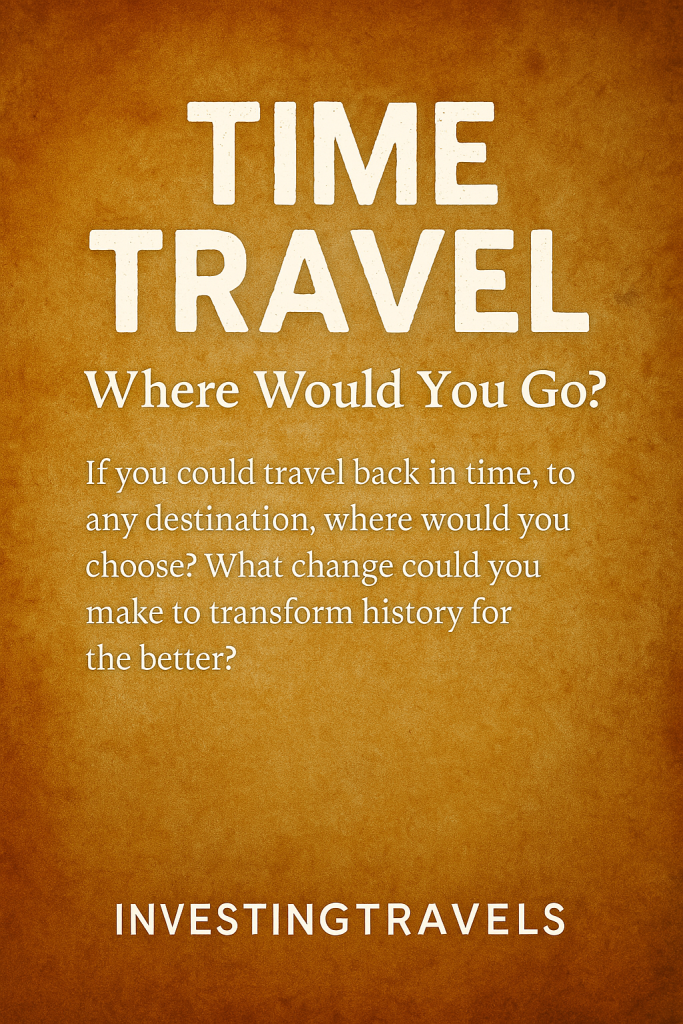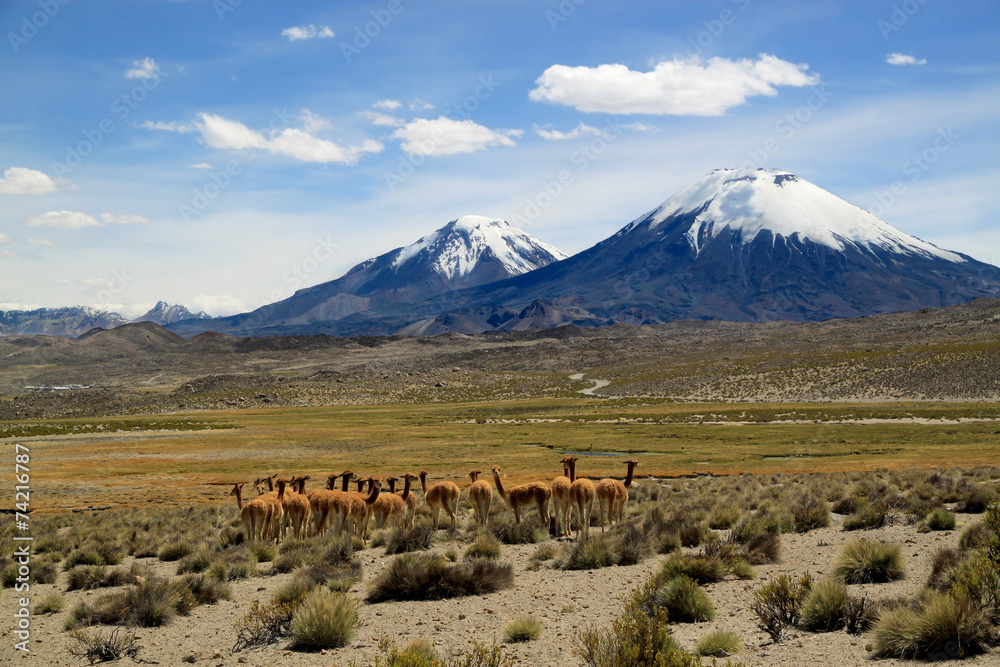Introduction
A. Brief Overview of the Location
South Africa, located at the southernmost tip of the African continent, is a country known for its diverse landscapes, rich cultural heritage, and vibrant cities. With 11 official languages and a mix of urban and rural areas, it offers a unique blend of experiences for those looking to retire or move there.
B. Historical Background
South Africa’s history is complex and multifaceted, marked by colonization, apartheid, and a transition to democracy in 1994. The country’s past has shaped its present, creating a mosaic of cultures and traditions that continue to influence daily life.
C. Current Status/Popularity
South Africa has become an increasingly popular destination for expatriates, particularly in cities like Cape Town and Johannesburg. Its growing economy, beautiful landscapes, and relatively affordable cost of living make it an attractive option for retirees and those seeking a new adventure.
Detailed Description of the Location
A. Geographical Features
South Africa’s geography is incredibly diverse, ranging from the lush Garden Route to the arid Karoo Desert. The country is home to stunning coastlines, majestic mountains like the Drakensberg, and unique flora and fauna in places like Kruger National Park.
B. Cultural Heritage
Here is some more in-depth information about the cultural heritage and background of South Africa:
- Indigenous Cultures: South Africa has been inhabited for over 100,000 years by hunter-gatherer peoples like the San and Khoikhoi. Their ancient rock art and rituals are part of modern heritage.
- Colonial History: The Cape was settled by the Dutch in 1652 as a supply station for ships. British seized the Cape in 1806 during the Napoleonic Wars. This colonial history left a legacy of Dutch/Afrikaans and English speakers.
- Apartheid Era: The racist apartheid system of governance by the White minority lasted from 1948-1994, profoundly shaping the nation. Resistance to apartheid birthed modern South African literature, art, and music.
- Diverse Influences: South African cuisine, architecture, and culture blend indigenous, European, and Southeast Asian elements. This diversity comes from both colonization and voluntary immigration of peoples like Indians and Malaysians.
- Eleven Official Languages: South Africa honors its mosaic of cultures through eleven official languages, including Zulu, Xhosa, Afrikaans, English, and more. Most South Africans are multilingual.
- Arts & Crafts: South Africa has thriving artistic traditions like Ndebele house painting, Zulu beadwork, Cape Malay cuisine, and Afrikaner quilting. Local craft markets abound.
- Music & Dance: Musical genres born in South Africa include marabi, kwela, mbube, and kwaito. Dance styles feature energetic foot-stomping and rhythmic motions.
- Literature: Iconic South African writers explore the trauma of apartheid, like Alan Paton and Nadine Gordimer. Post-apartheid voices like J.M. Coetzee have also emerged.
From indigenous rock art to apartheid-era struggle songs, South Africa’s cultural heritage reveals a complex national identity still evolving today. For foreigners, experiencing this rich culture is a highlight.
C. Notable Landmarks or Attractions
- Table Mountain, Cape Town
- Robben Island, a UNESCO World Heritage Site
- The Apartheid Museum, Johannesburg
- Blyde River Canyon, Mpumalanga
Living in the Location
A. Expat Community
South Africa has a thriving expat community, particularly in major cities. Various organizations and online forums provide support and social opportunities for newcomer. Here are some details about the expat community in South Africa and their lifestyle:
- Expats are concentrated in major cities like Cape Town, Johannesburg, Durban, and Pretoria. These offer the best amenities and most opportunities to connect.
- Popular neighborhoods like Fresnaye and Camps Bay in Cape Town have vibrant expat communities. Characterized by upscale cafes, restaurants, gyms, and shops.
- Many expats live in gated communities or estates for added security. These provide shared amenities like pools, tennis courts, and golf courses.
- Cape Town’s Atlantic Seaboard and Johannesburg’s northern suburbs attract affluent foreign professionals and families. Great private schools nearby.
- Beach towns like Knysna, Hermanus, and Plettenberg Bay are retirement hot spots. Offer laidback, outdoorsy living with gorgeous scenery.
- Activities like book clubs, charity events, wine tastings and cooking classes help expats connect. The American Women’s Club and American Club are popular.
- Expat-owned businesses like restaurants, realty agencies and financial services cater to foreigners. Make settling in easier.
- Expats relish South Africa’s outdoor lifestyle – hiking Table Mountain, learning to surf, going on safari and visiting wine regions.
- Most have home help for cleaning/childcare to allow for an easy quality of life. Multi-generational households are common.
The expat scene provides a built-in community and support network. Shared interests and the English language help bridge cultural gaps.
B. Cost of Living
- Housing: Renting a two-bedroom apartment in a city center may cost around $500-$800 per month.
- Transportation: Public transport is available but limited; owning a car might be necessary. Expect to pay around $0.80 per liter for petrol.
- Utilities: Basic utilities for an 85m² apartment might cost around $70-$100 per month.
- Food and Entertainment: Dining out and entertainment are relatively affordable, with a wide range of options to suit different budgets.
C. Lifestyle
- Activities and Events: From hiking and wildlife safaris to art galleries and music festivals, South Africa offers a plethora of activities.
- Local Amenities: Modern shopping centers, restaurants, and recreational facilities are widely available.
- Diversity and Inclusivity: South Africa is diverse, but social inequalities persist. Expats should be mindful of the local context and strive to engage respectfully with various communities.

Safety and Health Care
A. General Safety
South Africa has areas with high crime rates. It’s essential to be aware of your surroundings, follow local advice, and take common-sense precautions.
B. Health Care for Foreigners/Americans
Here are some more details on healthcare in South Africa for Americans considering moving or retiring there:
- The public healthcare system in South Africa serves the majority of the population but is overburdened and underfunded, with long waits and inconsistent quality of care. Facilities are better in urban areas.
- For middle class and expatriate families, private healthcare is high quality and quite affordable, costing a fraction of what similar services cost in the U.S.
- Many private hospitals and clinics are located in major cities like Cape Town and Johannesburg. Facilities are modern and most doctors speak English.
- Common private healthcare options:
- Medical Aid Schemes – These are private health insurance plans that allow you to access private care. Costs range from $150-300 per person monthly.
- Out-of-Pocket Payments – You can pay cash for doctor visits, procedures, etc which are very reasonably priced compared to the U.S.
- Travel Insurance – Some expats maintain a travel medical insurance policy for major emergencies.
Popular Procedures/Costs
- Doctor visit – $20-$60
- ER visit – $150-$300
- Hospital stay – $150-$400 per day
- Prescription medication – Very affordable, generics abundant
- Dental work – Routine cleaning $30-$60, fillings $50-$100
Challenges for Expats
- Pre-existing conditions may not be covered by medical schemes until you’ve been a member for up to 12 months.
- Evacuation coverage is recommended. The U.S. embassy can provide a list of facilities capable of handling complex medical emergencies.
- Access to specialty care may be limited outside major cities.
Overall, South Africa provides high quality and affordable medical care for retirees and expats, especially those willing to pay out-of-pocket or invest in private health coverage.
Schooling and Education
Here is an overview of schools and education in South Africa for families moving with children:
- Public Schools – There are both English and Afrikaans public schools, as well as some independent schools that follow the national curriculum. Quality can vary greatly. Schools in affluent suburbs tend to be better.
- Private Schools – Considered the best option for expats. Mostly English instruction. High tuition fees but generally excellent facilities, small classes, qualified teachers and good matriculation exam results.
- International Schools – The most expensive option, with fees from $10,000 to over $25,000 annually. Offer international curriculums like IB, Cambridge, etc.
- Homeschooling – A popular alternative among expat families. Allows customization and continuity. Requires dedication and submission of a plan to the government.
- School Calendar – Runs from January to December with lengthy holidays in April, June and December.
- Enrollment Season – Most applications open in April or May for enrollment in January. Waiting lists at top schools.
- Considerations – Extra tutoring may be needed to cover gaps. South African school culture can be less interactive than US. Travel time can be lengthy.
- Benefits – Multicultural environment. Opportunity to learn an African language. Children can form local friendships.
With research and planning, you can find high quality education options in South Africa’s cities. Be prepared for a competitive application process at the best international and private schools.
Visa and Residency Information for Americans
To move to South Africa long-term, Americans need to obtain a temporary residence visa. The main options are:
- Retirement Visa: For those over age 55 who can prove a steady monthly income of at least R37,000 per month (around $2,300). Required documents include a passport, proof of medical coverage, bank statements, and more.
- Work Visa: This requires a confirmed job offer from a South African employer who will sponsor your visa. A copy of the employment contract is needed. Often valid for up to 5 years.
- Relative’s Visa: For those with immediate family members who are South African residents. You’ll need proof of the relationship and their residence status.
- Business Visa: If you plan to operate a business or invest in South Africa. Financial requirements vary based on the size of the venture.
- Study Visa: For enrollment in a South African academic institution. requires an acceptance letter from the school.
In addition to the specific visa requirements, applicants need a valid passport, a clean criminal record, a medical examination, and more. Allow 6-8 weeks for processing. Visas can be extended/renewed within South Africa.
Once you’ve lived in South Africa for 5 years on a temporary residence permit, you can apply for permanent residence. This allows you to work, own property, and live in the country indefinitely. After another 5 years on a permanent residence permit, you can apply for South African citizenship.
The process takes time and paperwork, but South Africa does welcome American retirees, workers, investors, and students who follow the proper channels. Consulting with an immigration attorney can also help navigate the complex visa process.
Weather and Climate
A. General Climate
South Africa’s climate varies from Mediterranean in the southwest to subtropical in the northeast. Coastal areas are generally mild, while interior regions can experience extremes.
B. Seasonal Changes
Summer (November to February) is warm and wet in most areas, while winter (June to August) is cooler and dry.
Conclusion
A. Summary of the Location’s Appeal
South Africa’s appeal lies in its stunning landscapes, rich cultural heritage, and diverse lifestyle opportunities. It offers a unique blend of urban and natural experiences that can cater to various tastes and preferences.
B. Final Thoughts and Recommendations
Moving or retiring to South Africa requires careful planning and consideration of factors like safety, healthcare, and legal requirements. Engaging with local communities and embracing the country’s diversity can lead to a fulfilling and enriching experience.
X. Additional Resources with Links
A. Links to Relevant Websites or Articles
B. Books or Guides about the Location
- “Lonely Planet South Africa, Lesotho & Swaziland” by Lonely Planet
- “Culture Smart! South Africa: A Guide to Customs & Culture” by David Holt-Biddle








